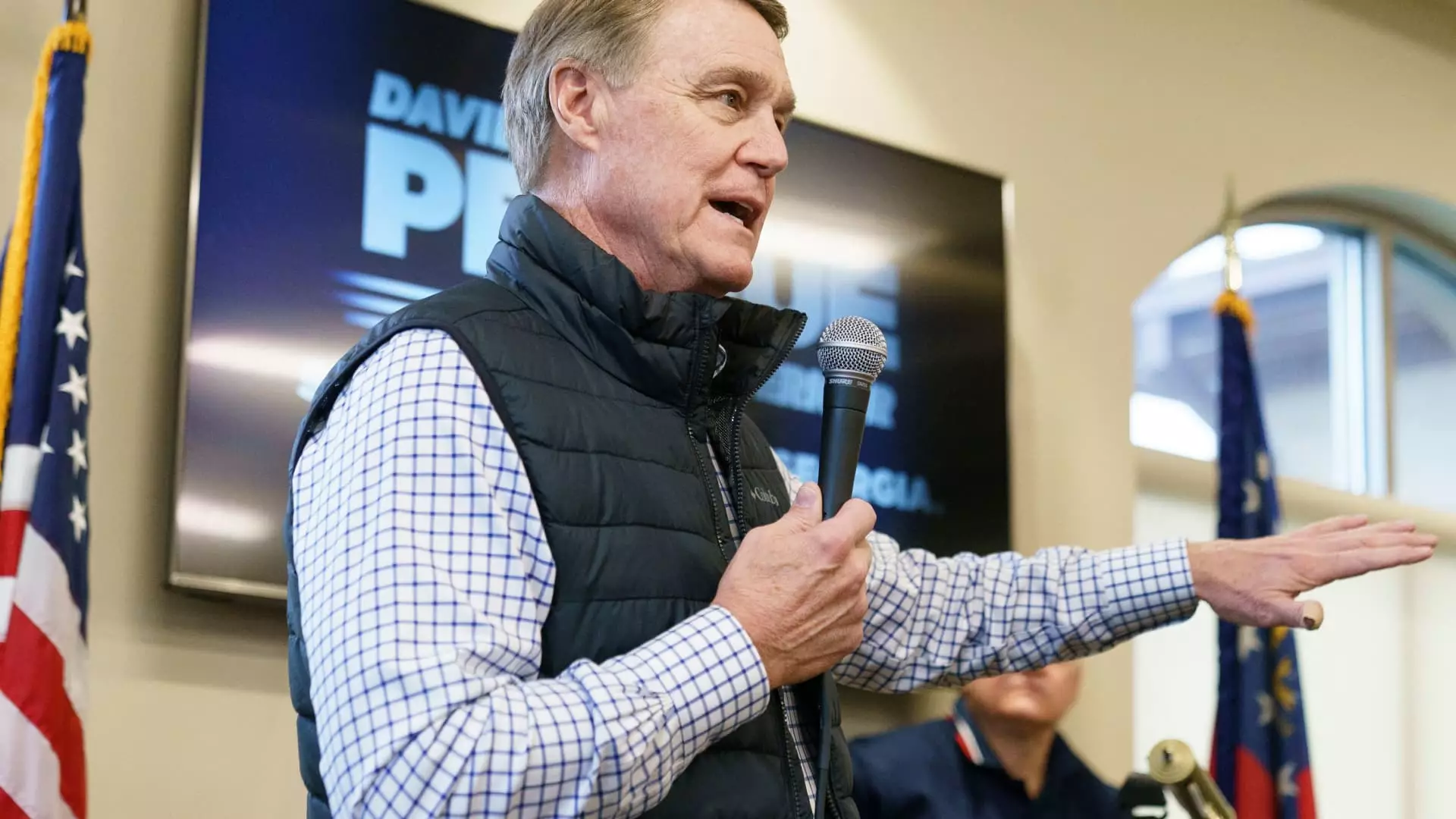As the incoming administration prepares to take the reins, the nomination of former Senator David Perdue as ambassador to China reflects a strategic maneuver amidst a complex and often contentious relationship between the United States and its biggest trading partner. President-elect Donald Trump, who is set to assume office on January 20, 2025, emphasizes a hardline approach to China, asserting that Perdue will play a vital role in executing policies aimed at stabilizing the region. Trump’s track record of utilizing tough tariffs as a tool to address trade imbalances and advocate for U.S. interests indicates a continued assertion of economic leverage.
David Perdue’s profile enhances his suitability for this influential role. Having transitioned from a successful business career to a political role in the U.S. Senate from 2015 to 2021, Perdue brings an intimate understanding of both commercial dynamics and legislative processes. His extensive time spent in Hong Kong during his business ventures offers him a unique perspective on China, which may aid in bridging the existing gaps in diplomatic communication. Trump’s choice to rely on a former senator, as opposed to prioritizing career diplomats, signals a desire to continuously intertwine business acumen with political agendas.
The broader narrative surrounding Trump’s China strategy underscores the growing mistrust rooted in trade tensions, cybersecurity threats, and human rights issues. Trump has indicated that he plans to impose an additional 10% tariff on Chinese goods unless there is tangible action from Beijing regarding the trafficking of fentanyl, a potent synthetic opioid that has fueled a public health crisis in the U.S. His willingness to threaten tariffs as high as 60% during his campaign underscores a commitment to a confrontational stance. This context highlights the pressure Perdue will face to navigate a landscape fraught with unpredictability and antagonism.
Perdue’s return to the ambassadorial role mirrors the trend of elevating seasoned politicians to pivotal diplomatic posts, a shift from President Biden’s reliance on career diplomats. While Trump appointed Terry Branstad as ambassador during his first term, the trade war that ensued exemplifies how political ties may not necessarily translate to effective diplomacy. Analysts speculate that Perdue’s appointment could either perpetuate the cycle of tit-for-tat policies or pave the way for strategic dialogues that transcends contentious negotiations.
The implications of Perdue’s nomination extend beyond mere political appointments; they herald a new chapter in U.S.-China relations marked by an impending reevaluation of diplomatic strategies. Observers are keenly aware that Beijing might opt for high-level engagements directly with Trump and his advisors, a move that could either mitigate or escalate tensions in the future. The ambassadorial role will not just be about maintaining the status quo but could represent a significant pivot in how the U.S. engages with its main strategic rival. Success in this position will require adept navigation of economic concessions and geopolitical complexities, testing both Perdue’s and the new administration’s capacity for constructive engagement.
David Perdue’s nomination stands as a testament to Trump’s assertive diplomatic approach as he embarks on a challenging journey to redefine the U.S.-China relationship amidst a landscape characterized by skepticism and potential conflict.


Leave a Reply